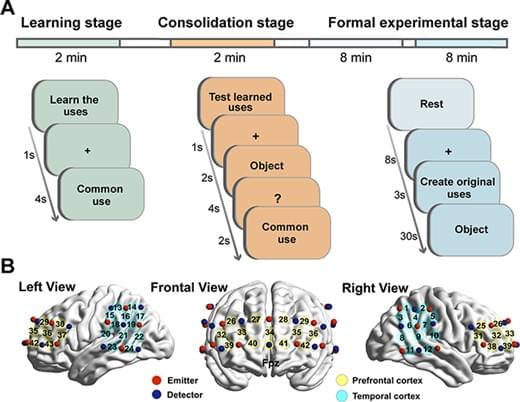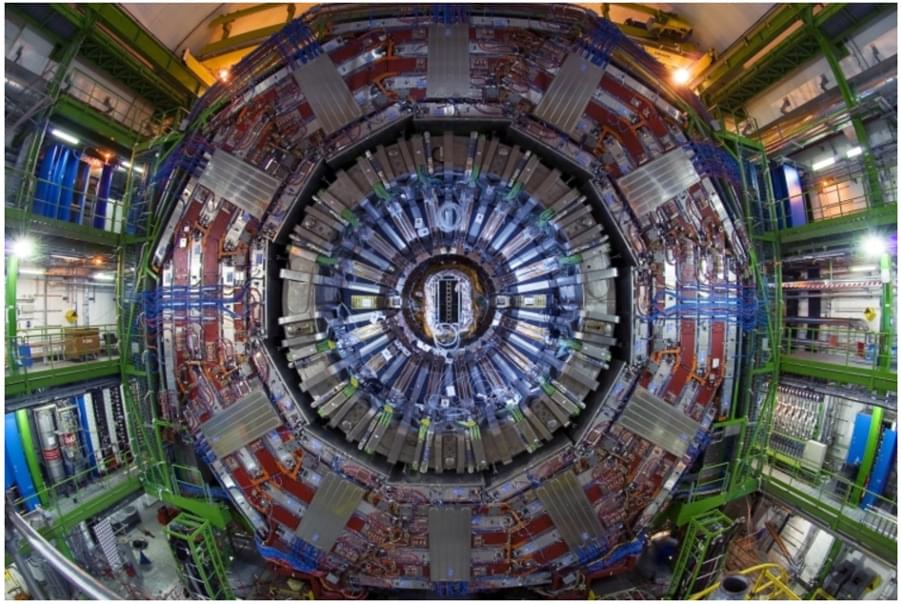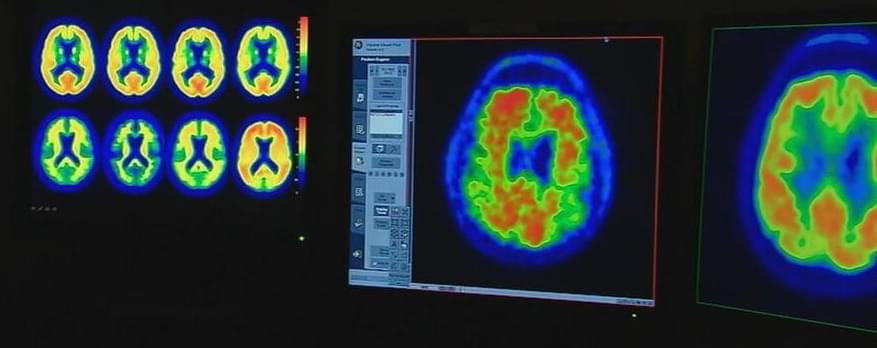Stephen Wolfram is at his jovial peak in this technical interview regarding the Wolfram Physics project (theory of everything).
Sponsors: https://brilliant.org/TOE for 20% off. http://algo.com for supply chain AI.
Link to the Wolfram project: https://www.wolframphysics.org/
Patreon: https://patreon.com/curtjaimungal.
Crypto: https://tinyurl.com/cryptoTOE
PayPal: https://tinyurl.com/paypalTOE
Twitter: https://twitter.com/TOEwithCurt.
Discord Invite: https://discord.com/invite/kBcnfNVwqs.
iTunes: https://podcasts.apple.com/ca/podcast/better-left-unsaid-wit…1521758802
Pandora: https://pdora.co/33b9lfP
Spotify: https://open.spotify.com/show/4gL14b92xAErofYQA7bU4e.
Subreddit r/TheoriesOfEverything: https://reddit.com/r/theoriesofeverything.
Merch: https://tinyurl.com/TOEmerch.
TIMESTAMPS:
00:00:00 Introduction.
00:02:26 Behind the scenes.
00:04:00 Wolfram critiques are from people who haven’t read the papers (generally)
00:10:39 The Wolfram Model (Theory of Everything) overview in under 20 minutes.
00:29:35 Causal graph vs. multiway graph.
00:39:42 Global confluence and causal invariance.
00:44:06 Rulial space.
00:49:05 How to build your own Theory of Everything.
00:54:00 Computational reducibility and irreducibility.
00:59:14 Speaking to aliens / communication with other life forms.
01:06:06 Extra-terrestrials could be all around us, and we’d never see it.
01:10:03 Is the universe conscious? What is “intelligence”?
01:13:03 Do photons experience time? (in the Wolfram model)
01:15:07 “Speed of light” in rulial space.
01:16:37 Principle of computational equivalence.
01:21:13 Irreducibility vs undecidability and computational equivalence.
01:23:47 Is infinity “real”?
01:28:08 Discrete vs continuous space.
01:33:40 Testing discrete space with the cosmic background radiation (CMB)
01:34:35 Multiple dimensions of time.
01:36:12 Defining “beauty” in mathematics, as geodesics in proof space.
01:37:29 Particles are “black holes” in branchial space.
01:39:44 New Feynman stories about his abjuring of woo woo.
01:43:52 Holographic principle / AdS CFT correspondence, and particles as black holes.
01:46:38 Wolfram’s view on cryptocurrencies, and how his company trades in crypto [Amjad Hussain]
01:57:38 Einstein field equations in economics.
02:03:04 How to revolutionize a field of study as a beginner.
02:04:50 Bonus section of Curt’s thoughts and questions.
Just wrapped (April 2021) a documentary called Better Left Unsaid http://betterleftunsaidfilm.com on the topic of “when does the left go too far?” Visit that site if you’d like to watch it.






